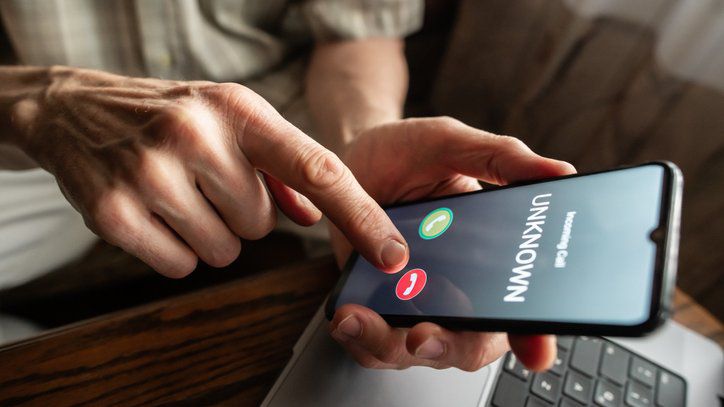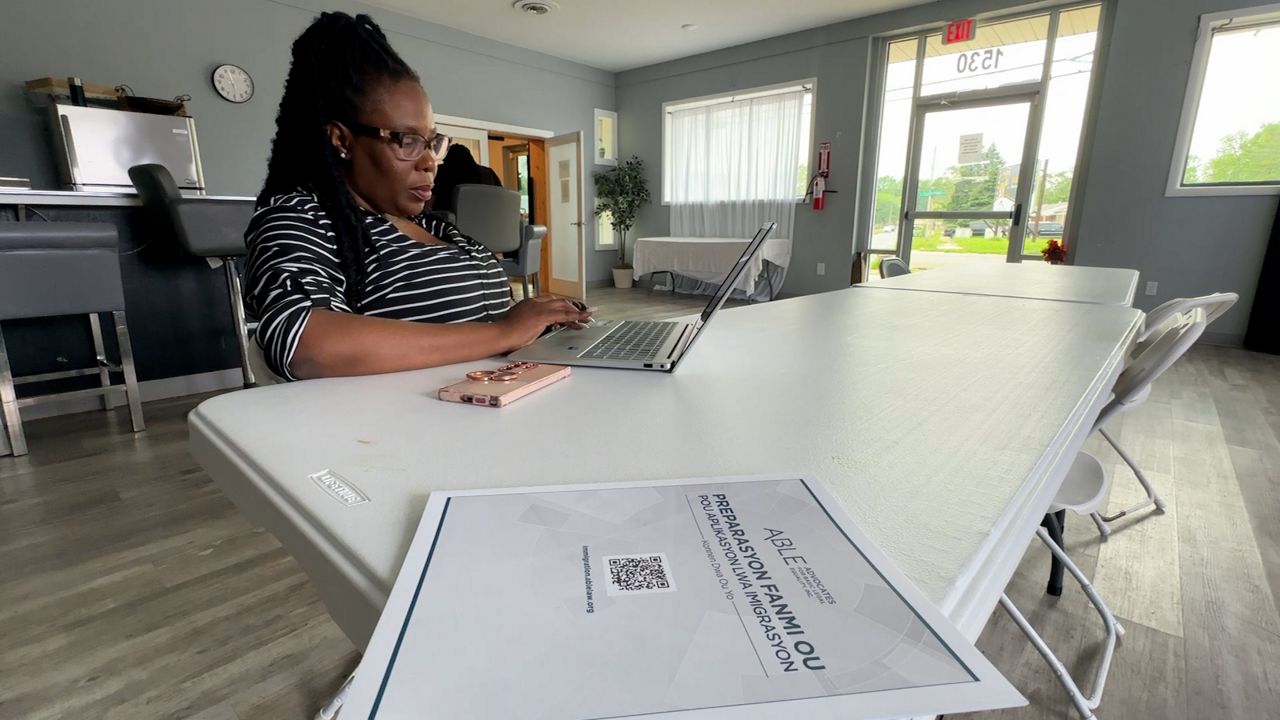COLUMBUS, Ohio — There’s yet another scam going around, and this one targets recipients of Paycheck Protection loans in Ohio.
This scam has prompted the Ohio Department of Commerce Division of Financial Institutions to issue a consumer alert to residents warning of this scam via a press release. They said they’ve received reports that these scammers pretend to be bank employees to access customers’ accounts.
“Fraudsters are accessing publicly available borrower information from the Small Business Administration (SBA) website and using that information to trick business owners that received PPP loans into providing sensitive online banking credentials,” the release reads.
The scammers can “spoof” their phone number, so it may even show as a real bank’s phone number on your caller ID. They then pretend to be a bank employee asking for account information (login info or security codes) “to verify account details or assist with PPP loan-related matters.”
The scammer can then utilize the information to conduct an Automated Clearing House (ACH) transfer to take the money, avoiding fraud detection.
That’s why DFI is recommending vigilance and verification. If you do get a call from a bank, they say, hang up and call back via a verified number.
They also recommend the following:
- Verify Communication Sources
- Be Wary of Urgent Requests
- Update Online Banking Security
- Report Fraudulent Activity
You can report a scam to DFI here or by calling 614-728-8400. You can also make a report to the U.S. Small Business Administration Office of Inspector General here.
Information from the Federal Trade Commission on recovering from identity theft is available here.
“Scammers are becoming increasingly sophisticated in their methods, but Ohio consumers can protect themselves by staying informed and being skeptical of individuals who contact them,” DFI Superintendent Kevin Allard said in the release. “Always verify the identity of anyone requesting sensitive banking information and never share your personal login credentials or one-time security codes over the phone unless you are 100% certain of the individual who is on the other end.”










